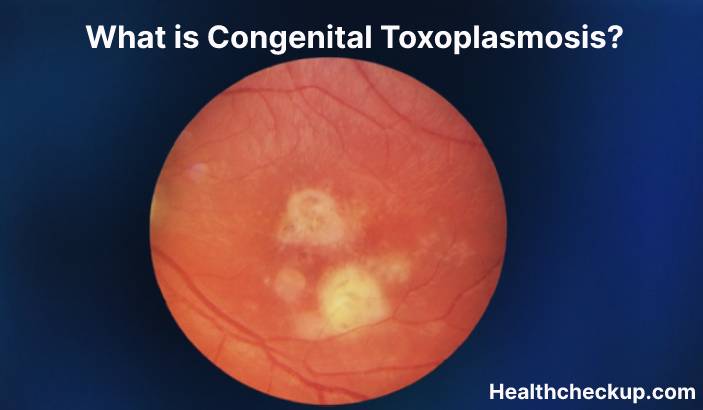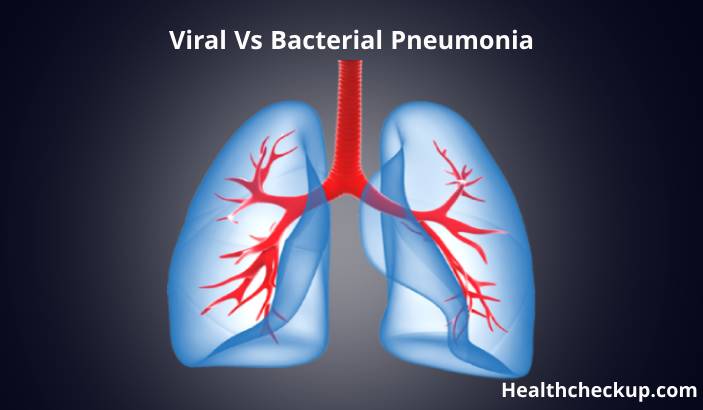Congenital toxoplasmosis is a condition that occurs when a mother becomes infected with the Toxoplasma gondii parasite during pregnancy and passes the infection to the fetus. Toxoplasmosis is most commonly transmitted through contaminated food or water, and it can also be transmitted through contact with cat feces.
Symptoms of congenital toxoplasmosis may include:
- Jaundice
- Anemia
- Swelling of the brain (hydrocephalus)
- Seizures
- Vision problems
- Mental retardation
- Other neurological problems
Congenital toxoplasmosis can lead to serious complications, including blindness, deafness, and developmental delays. The severity of the infection and the associated complications depend on the stage of pregnancy when the infection occurs and the amount of the parasite present in the body.
Diagnosis of congenital toxoplasmosis is typically based on the presence of symptoms, a history of exposure to the parasite, and laboratory tests to confirm the presence of the parasite.
Treatment of congenital toxoplasmosis may involve antibiotics to kill the parasite, as well as medications to control symptoms and prevent complications. Treatment is most effective when it is started as soon as possible after the infection is detected.
Congenital toxoplasmosis can be prevented through the use of proper food handling and hygiene practices, such as washing hands and surfaces, cooking meat thoroughly, and avoiding contact with cat feces. Pregnant women should also avoid changing cat litter and should avoid handling raw meat. If you are pregnant and have been exposed to the Toxoplasma gondii parasite, it is important to seek medical attention as soon as possible. Follow the recommendations of your healthcare provider to help protect yourself and your unborn child from congenital toxoplasmosis.









